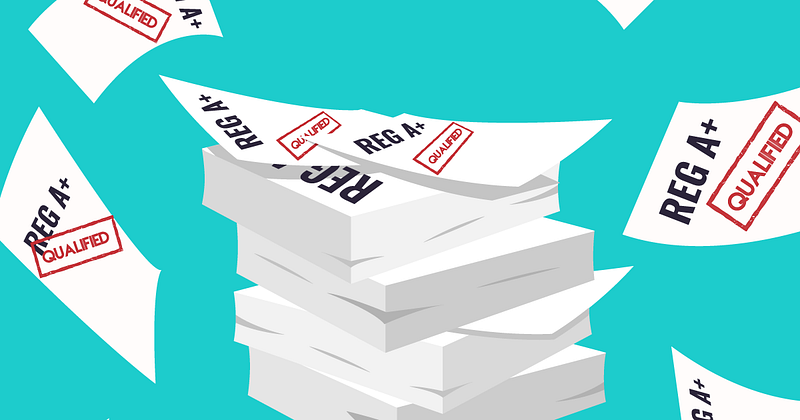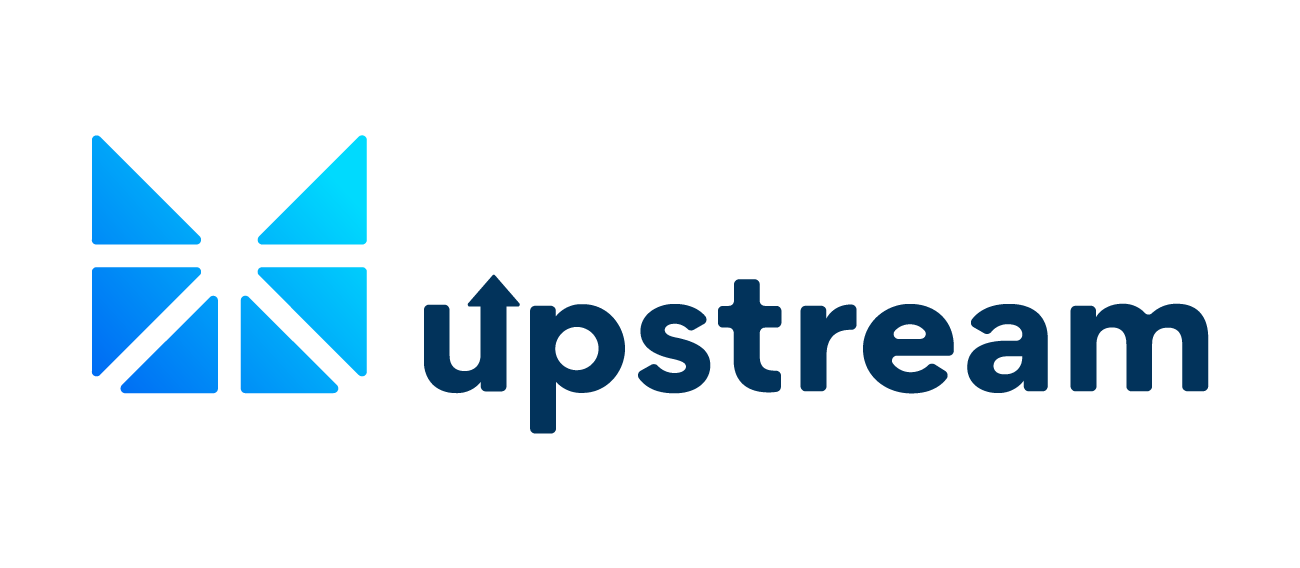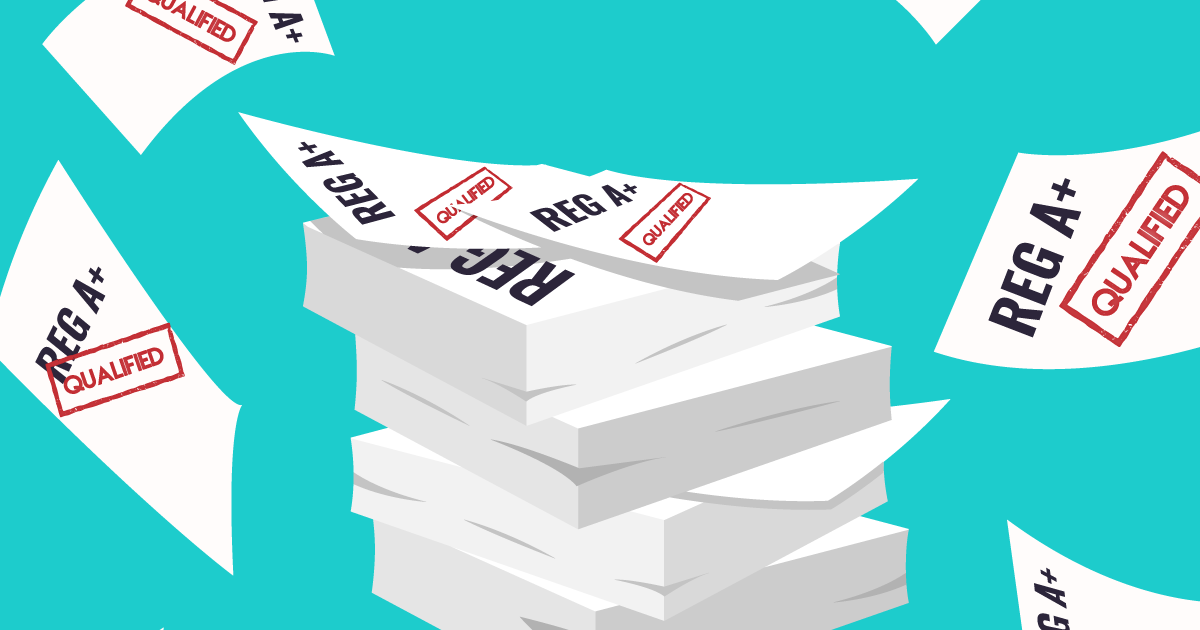
Since April 11th, when Blockstack first announced their Regulation A+(Reg A+) filing with the SEC, the blockchain and financial community have been observing closely.
Many industry thought-leaders have predicted the approval of a Reg A+ digital securities offering (DSO) or security token offering (STO) to be in the cards this year.
The question: What was it going to take for the SEC to approve the first ever Reg A+ digital securities offering?
On July 10th, we got our answer as news broke that Blockstack’s Regulation A+ offering became the first token offering to be qualified by the SEC, a major feat and critical industry milestone.
What the accomplishment cost:
Aside from what we can assume to be some very late nights and added gray hairs, Blockstack reportedly spent~$1.5 million on legal fees and 10 months from when the company submitted its confidential draft filing to receiving the qualification. For reference, a traditional Regulation A+ offering from the start of the filing process to qualification typically takes 90–120 days.
What this means for both the blockchain and Regulation A+ industry?
Up until now, the only DSOs to be conducted have been through rule 506(c) of Regulation D (Reg D) and Regulation S (Reg S). Reg D only allows accredited investors, or high-net worth individuals, to participate, which isn’t as fun.
Reg A+ aligns much more closely with blockchain community values. For those that aren’t familiar with Reg A+, no, it’s not a new take on the popular style of music. It’s a fundraising vehicle that gives investors of all levels access to early-stage investment opportunities typically reserved for high net-worth individuals. Also worth noting that securities sold in a Reg A+ offering are not restricted so investors don’t have to deal with a lock-up period like they do for Reg D.
But due to a combination of factors ranging from low-quality deals, unrealistic valuations, and little after-market support, the Reg A+ industry has stagnated. As mentioned by the WSJ, both Nasdaq and the NYSE have increased listing requirements to help combat these issues.
What Blockstack’s highly publicized Reg A+ offering can do is inspire quality offerings backed by credible companies with tangible visions and fair valuations to pursue this democratized funding method and offer a much-needed facelift for the current Reg A+ industry.
The same could be said vice versa. The blockchain industry is still plagued by the aftermath of ICOs. According to an Ernst & Young analysis of top ICOs responsible for gathering 87% of all proceeds from January 2018 to September 2018 , 86% of ICOs are below listing price and 30% lost all their value to date.
If we could combine the attention and deal flow that ICOs generated, high-quality deals, and necessary regulation and investor protection, both the blockchain industry and Reg A+ industry would benefit significantly.
A few ways Blockstack’s offering isn’t your typical Reg A+ offering
Aside from being a token offering, a few things stood out to our team.
- Blockstack isn’t giving investors ownership stakes in the company, instead they will get “utility tokens” that they can use as currency on Blockstack’s network. Reg A+ was specifically designed for eligible companies to offer debt or equities securities, or securities convertible into debt or equity such as options and warrants, so this is a new concept.
- Blockstack didn’t engage a transfer agent which is mandated in most Reg A+ offerings. In the company’s most recent offering circular they discuss the potential risks for not utilizing a transfer agent, including that the miners could have to register as transfer agents, or that if Blockstack becomes a reporting company they’ll have to restructure to solve for the lack of a transfer agent, etc.
- There is currently no existing liquid marketplace for secondary trading. Reg A+ securities don’t have a required lock-up period, making them freely trade-able. The problem is as Blockstack states, “there are currently no national securities exchanges or exchanges that have been approved by FINRA or registered under Form ATS with the SEC to support the trading of Stacks Tokens on the secondary market.”
In response to the last two points, our team highly recommends that issuers consider utilizing a transfer agent when conducting any type of digital securities offering, especially a Reg A+ DSO. The use of a transfer agent, as noted in our previous blog, represents what regulators refer to as a good control location, meaning they represent valid sources of truth when it comes to maintaining the identities and ownership of shares. This could be important as regulators are still questioning whether the blockchain is a valid source of truth.
Utilizing a transfer agent also sets up an issuer’s digital securities for compliant and efficient secondary trading. After any relevant holding period, digital securities can be seamlessly moved from custody to “street-name” for secondary-trading on a US SEC-regulated ATS.
Originally the infrastructure wasn’t there to equip transfer agents with the tools needed to compliantly custody and manage digital securities, or for digital securities to be moved seamlessly from custody to secondary trading. This is why our team built CustodyWare, what we believe to be the first regulatory compliant product for registered transfer agents to compliantly custody digital securities. Our hope is that this solution will help future issuers comply with existing securities law and expedite the process.
As for a liquid and comprehensive secondary marketplace to support this offering and other digital securities, that seems to be the next key industry milestone.
In Conclusion
As Ralph Waldo Emerson said “Do not go where the path may lead. Go instead where there is no path and leave a trail.”
Now that Blockstack has paved the first path to a successful Reg A+ DSO, more issuers are inevitably going to follow their lightly paved trail. Luckily, as more issuers take this funding rout, bumps will be smoothed, wrong turns will be avoided, and the path for everyone to participate in a transparent, secure, and accessible marketplace will be realized.
Is your company considering a Reg A+ digital securities offering?
Horizon is a one-stop shop for digital securities issuers. We offer a suite of in-house blockchain software solutions covering issuance, KYC/AML investor onboarding, Custody solutions, and secondary trading. Visit us at https://horizon-globex.com/ to learn more.

